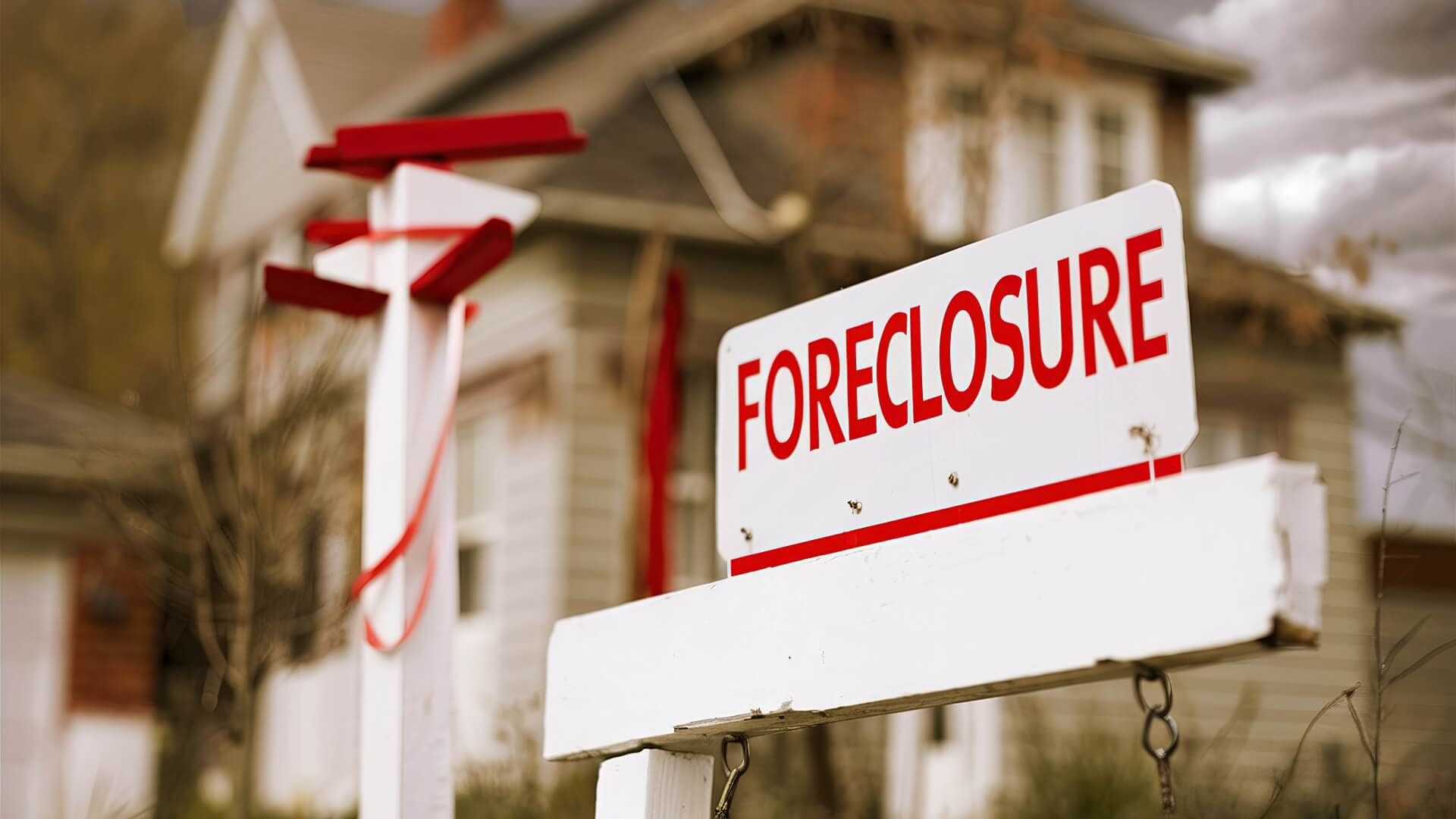Different Types of Foreclosure

A Guide to the Different Types of Foreclosure
Facing the possibility of foreclosure can be an overwhelming experience. It’s a legal process where a lender repossesses a property after a borrower fails to make their mortgage payments. The impact on homeowners can be significant, affecting everything from credit scores to the ability to secure housing in the future.
Understanding the foreclosure process is the first step toward finding a solution. The specific path a foreclosure takes depends on state laws and the terms of the mortgage agreement. Knowing which type of foreclosure you are facing is crucial for navigating your options and protecting your rights.
Bankruptcy attorney Michael Schwartz will walk you through the three main types of foreclosure, explaining how each one works and what it means for homeowners.
Judicial Foreclosure
Judicial foreclosure is a process that unfolds within the court system. As the name suggests, it requires the lender to file a lawsuit to get permission from a judge to foreclose on a property. This type of foreclosure is available in all states, and in some, it is the only method allowed.
The process begins when the lender files a formal complaint with the court against the borrower. The homeowner is then served with legal papers and has a specific period of time to respond. If the borrower doesn't contest the lawsuit or if the court rules in the lender's favor, the judge will issue an order allowing the foreclosure to proceed.
Once the court grants the foreclosure order, the property is scheduled for a public auction. This is often called a "sheriff's sale" because a local law enforcement officer typically oversees it. The property is sold to the highest bidder, and the proceeds are used to pay off the mortgage debt. Because this process involves legal proceedings, it can be a lengthy and complex route.
Non-Judicial Foreclosure
Non-judicial foreclosure, also known as a "power of sale" foreclosure, allows a lender to sell a property without court supervision. This method is generally faster and less expensive for lenders than a judicial foreclosure. It is not permitted in Pennsylvania.
A power of sale clause is a provision in a mortgage contract that gives the lender the right to sell the property if the borrower defaults on their payments. This clause essentially pre-authorizes the foreclosure, removing the need for the lender to go to court to get permission.
Strict Foreclosure
Strict foreclosure is a much rarer type of foreclosure and is not permitted in Pennsylvania. It is a form of judicial foreclosure, but it has one major difference from the standard process.
In a strict foreclosure, the lender files a lawsuit asking the court to set a deadline for the borrower to pay the outstanding mortgage debt. If the homeowner fails to pay the full amount by this deadline, the court awards ownership of the property directly to the lender.
How to Stop a Foreclosure
If you are facing foreclosure, it’s important to know that you have options. Acting quickly can make a significant difference in the outcome.
One of the most effective ways to stop a foreclosure immediately is by filing for bankruptcy. The moment you file, an "automatic stay" goes into effect. This is a court order that temporarily halts all collection activities, including foreclosure sales, giving you time to reorganize your finances or explore other solutions.
Navigating this process requires professional guidance. A trusted foreclosure attorney can help you understand your rights and determine the best course of action for your unique situation. Michael Schwartz, a bankruptcy lawyer with more than 20 years serving clients, assists clients in Bucks, Delaware, Montgomery, and Philadelphia Counties with mortgage foreclosure.
Understand Your Options and Take Action
Foreclosure is a complex legal matter with serious consequences. Whether you're dealing with a judicial, non-judicial, or strict foreclosure, understanding the process is vital. Each type has its own set of rules and timelines that can affect your ability to save your home.
If you receive a foreclosure notice, don't wait. Let Michael Schwartz be your bankruptcy lawyer. Call 215-396-7900 or schedule a consultation online to discuss all of your options to stop a foreclosure or tax sale of your home and get the legal support you need.



